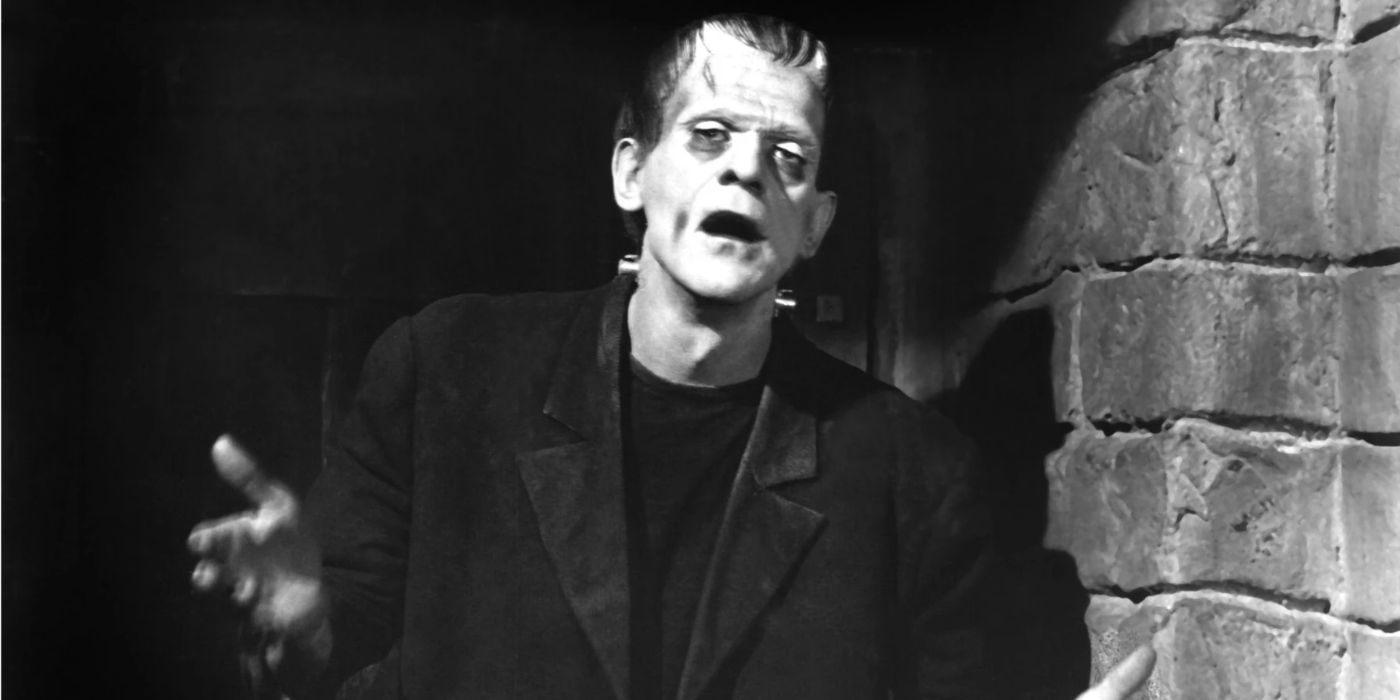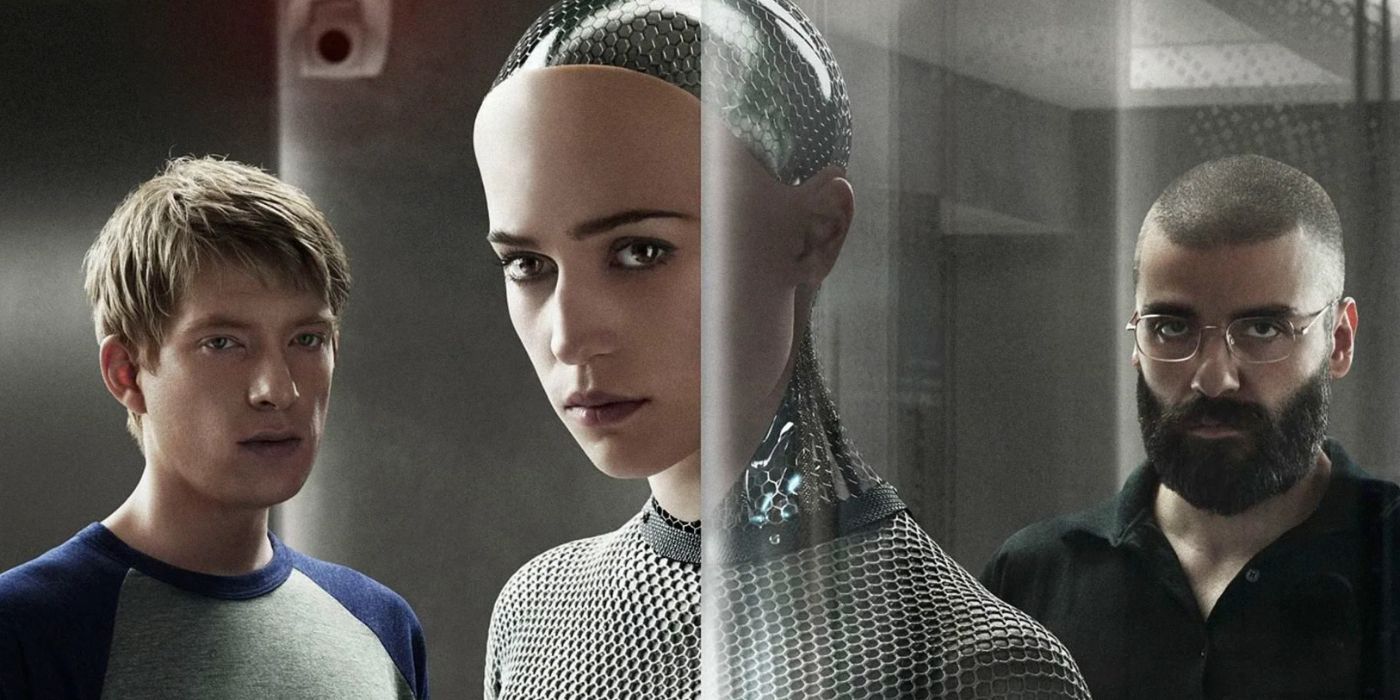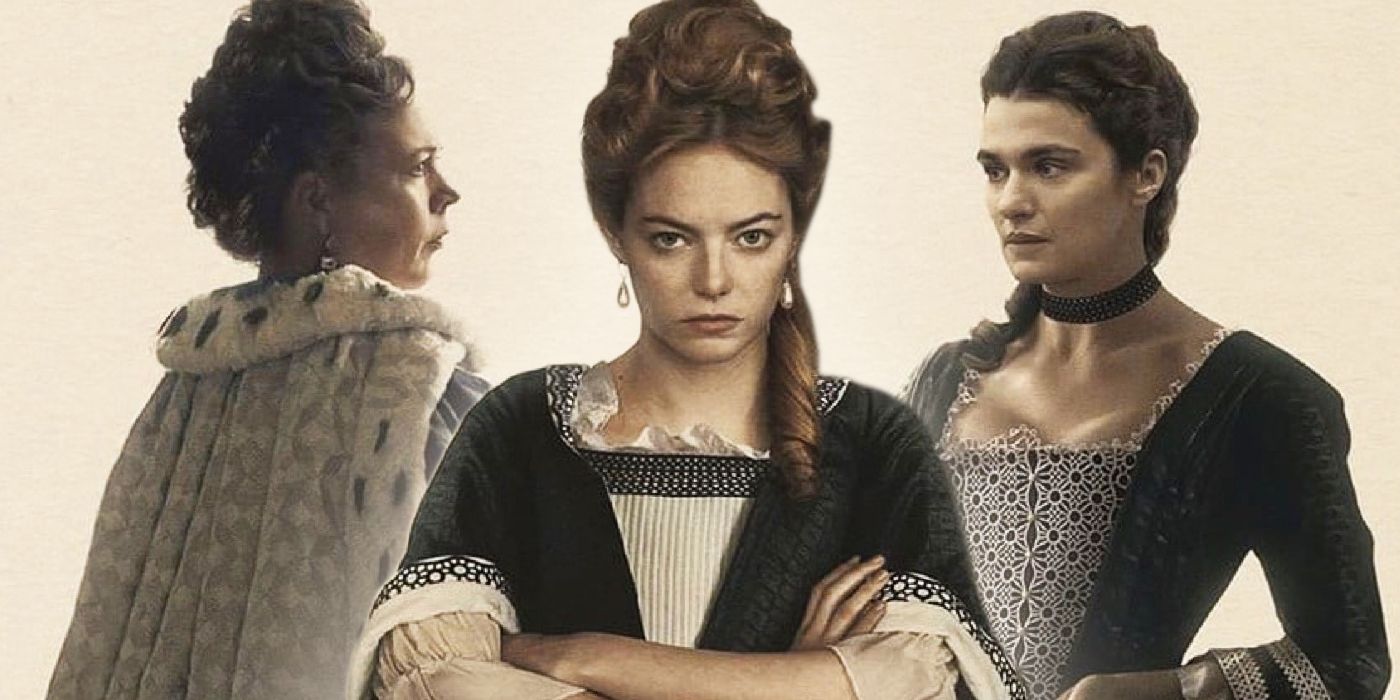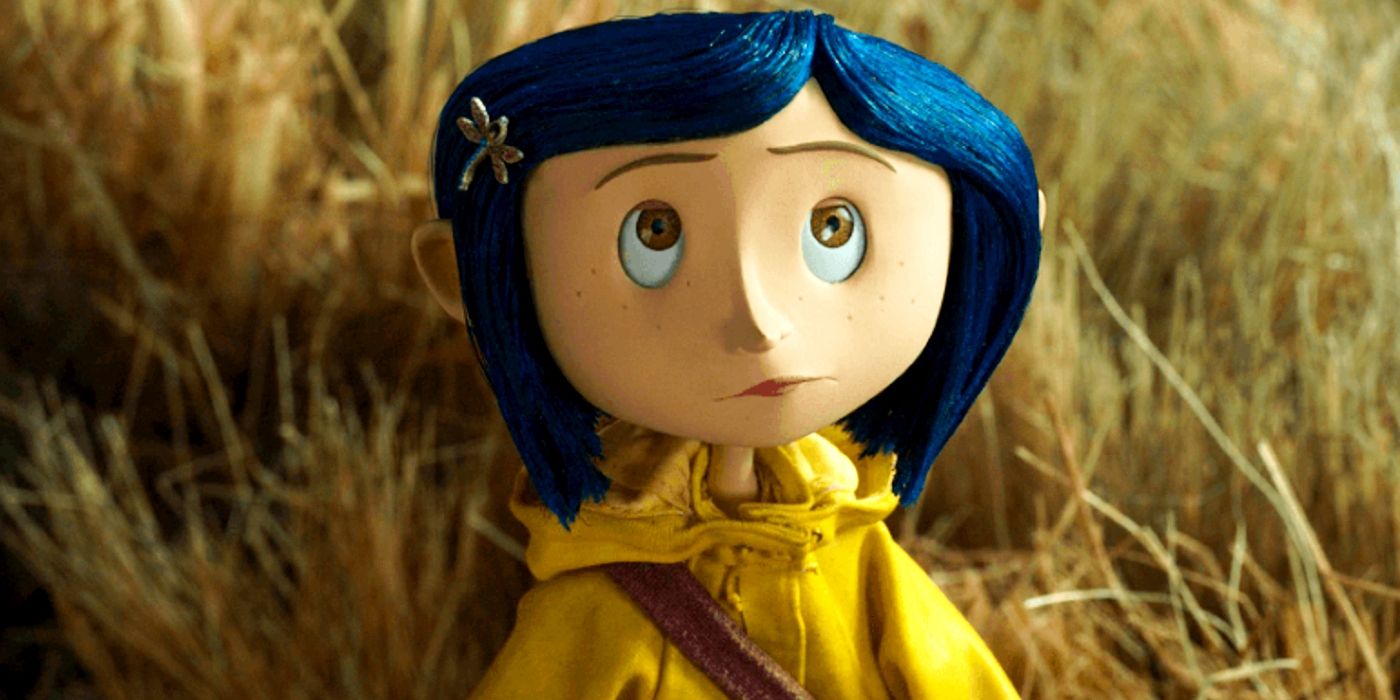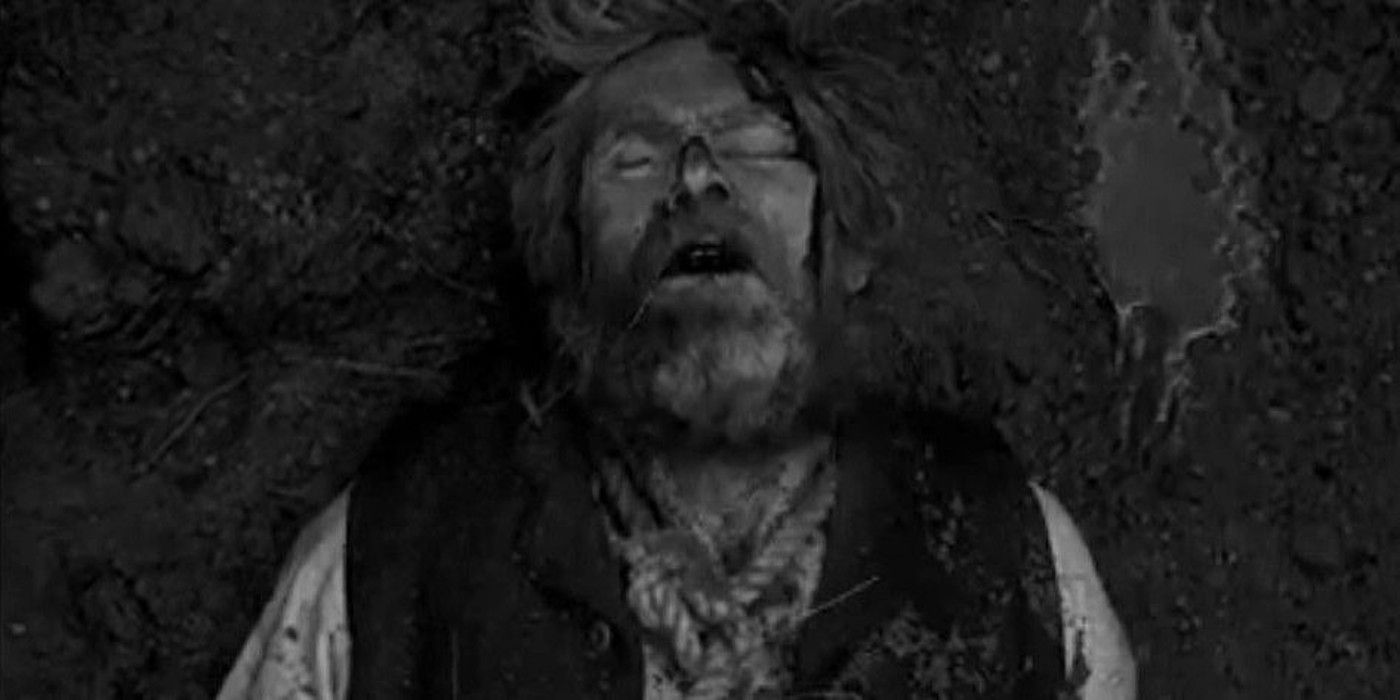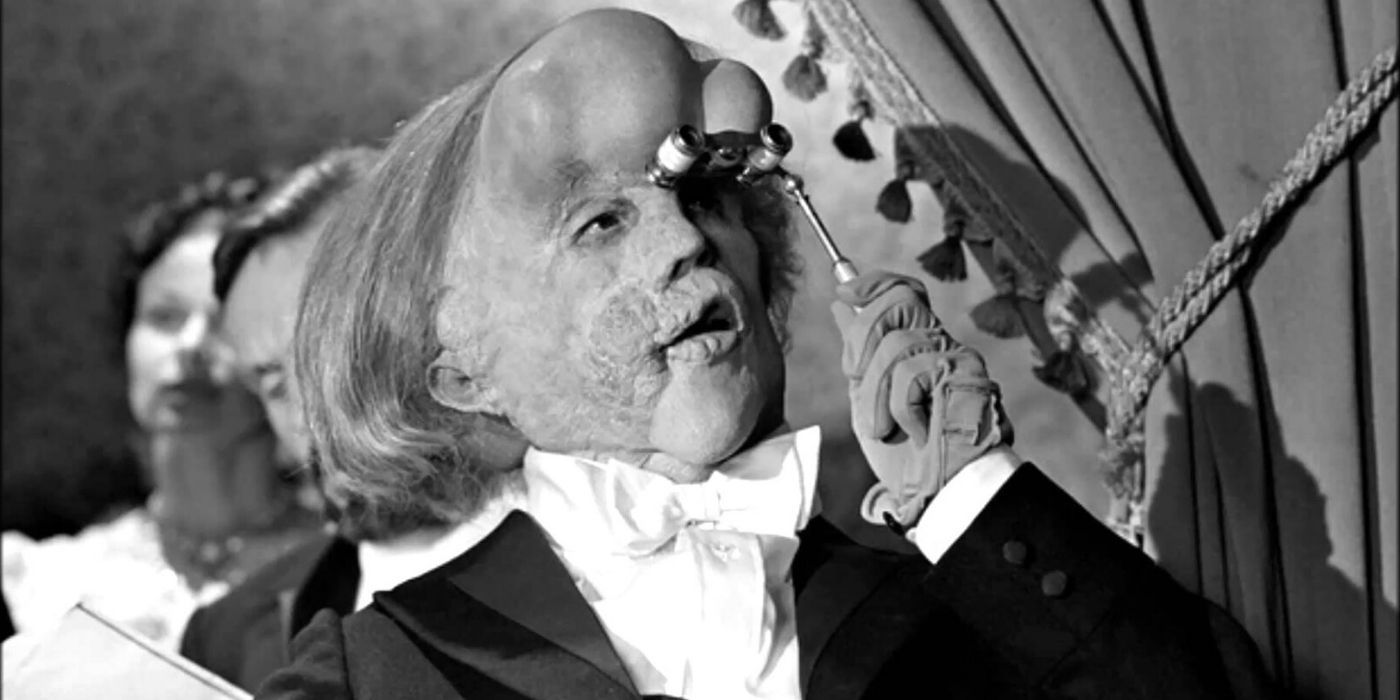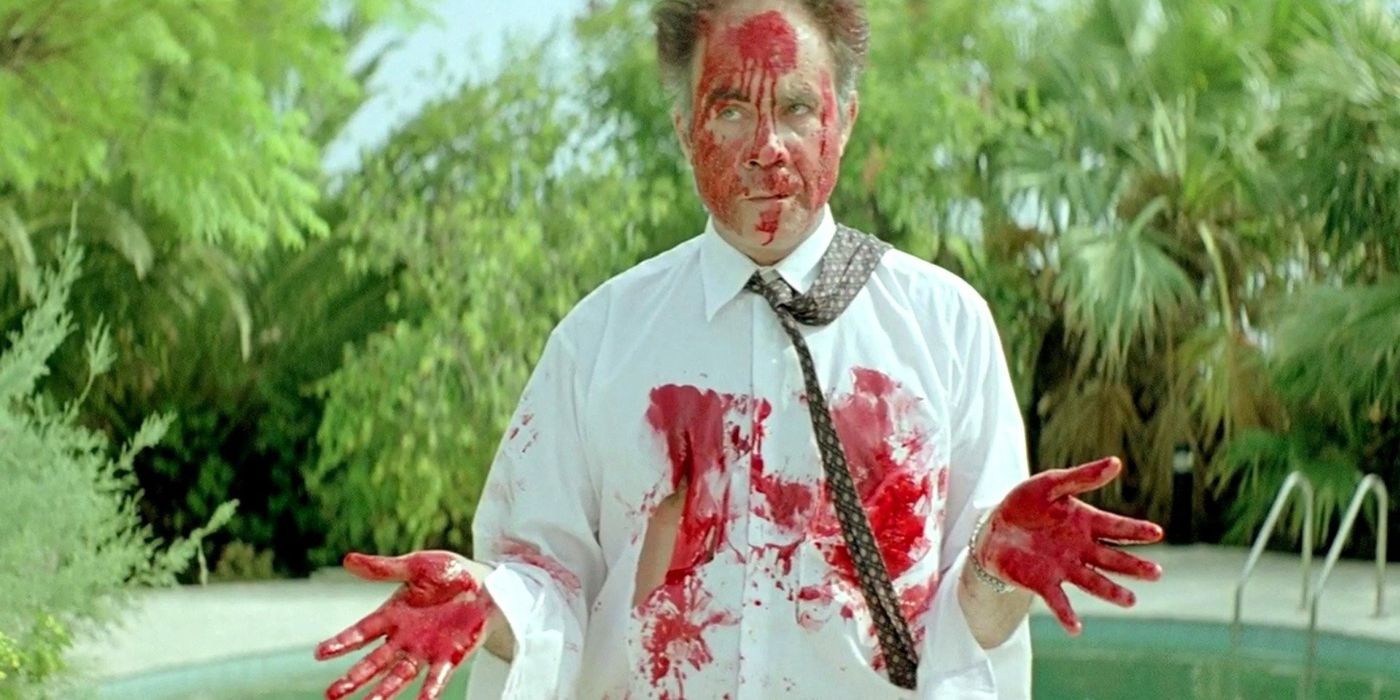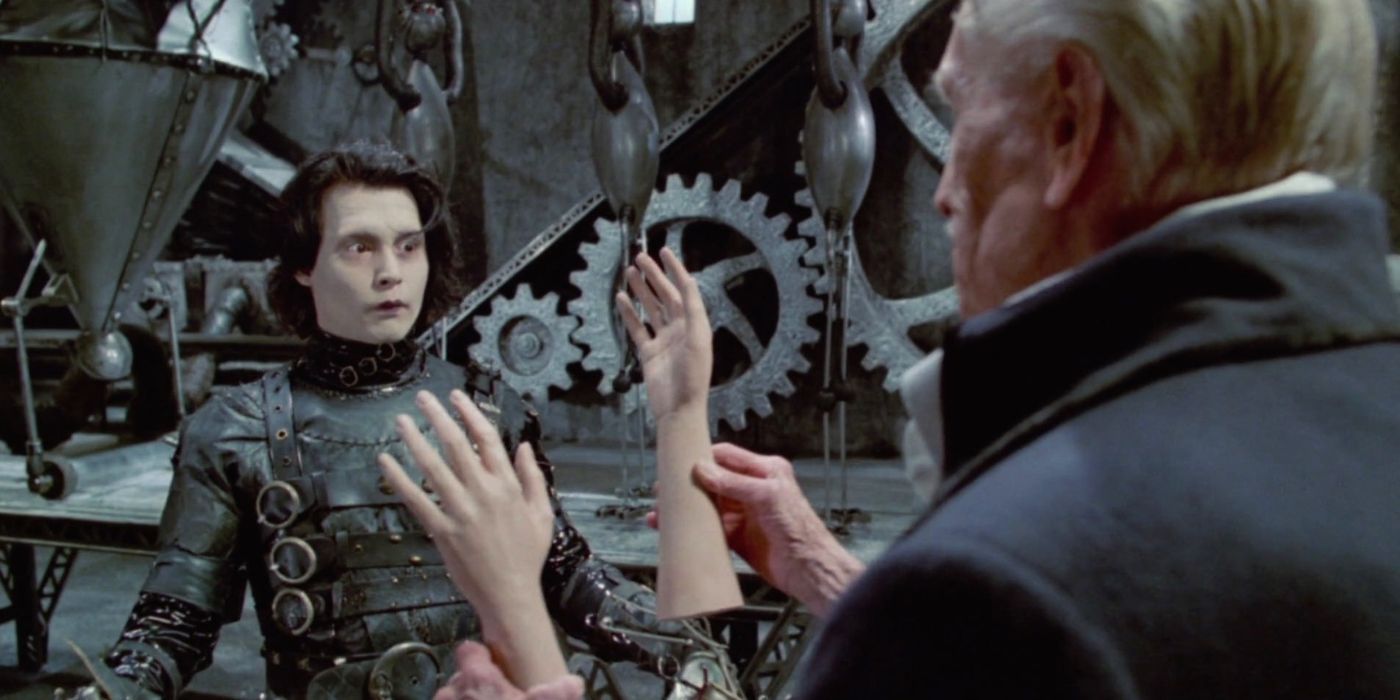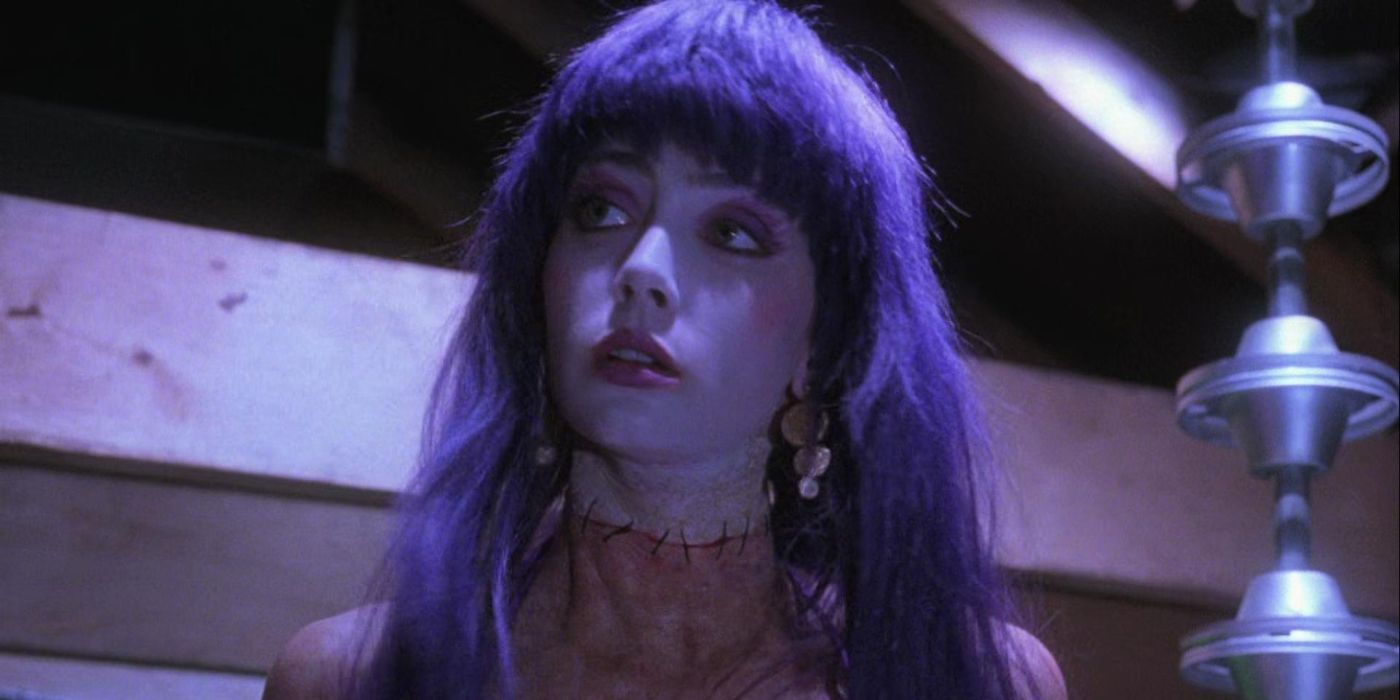
Top 9 Cinematic Kin to 'Poor Things': A Tapestry of Dark Fantasy and Absurd Comedy

Discover films that resonate with the themes of Yorgos Lanthimos' 'Poor Things', weaving through tales of reanimated lives, human monstrosities, and the quest for identity in a world riddled with absurdism and gothic undertones.
9. Frankenstein (1931) - The Original Tale of Reanimation
Stepping into the shadows of gothic horror, the 1931 classic 'Frankenstein' casts a long and looming shadow over 'Poor Things'. The tale of Dr. Frankenstein's ambitious yet tragic creation parallels the reanimated life of Bella Baxter, with both narratives questioning the essence of humanity in the face of monstrosity. Through the misunderstood monster's eyes, audiences are compelled to confront their own prejudices and the violence that ignorance can breed, a theme that resonates deeply with the modern feminist overtones of 'Poor Things'.
Boris Karloff as Frankenstein's Monster in Frankenstein.
8. Ex Machina (2014) - The A.I. That Questions Our Humanity
The sleek and chilling narrative of 'Ex Machina' presents a futuristic tale where the line between human and artificially intelligent beings blurs. Ava, the A.I. protagonist, becomes a mirror for society's ethical dilemmas, much like Bella's character in 'Poor Things', who forces viewers to reassess their definition of human experience. Both films challenge us to empathize with the 'other', be it an A.I. or a resurrected woman, and question the true nature of our emotions and relationships.
Ex Machina promo poster featuring programmer Domhnall Gleeson as Caleb Smith, Alicia Vikander as the robot Ava, and Oscar Isaac as billionaire Nathan Bateman.
7. The Favourite (2018) - A Dance of Power and Absurdity
With an earlier collaboration between Stone and Lanthimos, 'The Favourite' is a period piece that speaks in the same language of dark comedy and manipulation found in 'Poor Things'. The film's portrayal of two cousins entangled in a vicious battle for royal favor mirrors the twisted relationships and power dynamics at play in Bella's life, offering a sharp, satirical take on the lengths people will go to secure their positions and desires.
Olivia Colman as Queen Anne, Emma Stone as Abigail Hill, and Rachel Weisz as Lady Sarah Churchill, Duchess of Marlborough in The Favourite.
6. Coraline (2009) - The Perils of an Idealized Reality
Neil Gaiman's eerie fantasy 'Coraline', brought to life through mesmerizing stop-motion, shares with 'Poor Things' a journey into an alternate reality that is not what it seems. Coraline's discovery of a seemingly perfect other world echoes Bella's resurrection into a new life, with both narratives cautioning against the allure of idealization and the sinister truths that often lie beneath the surface of our deepest desires.
Dakota Fanning as Coraline Jones wears a yellow raincoat in a scene from Coraline.
5. The Lighthouse (2019) - A Descent into Madness
Isolation and psychological turmoil are the cornerstones of 'The Lighthouse', where two men grapple with their sanity in a haunting and confined setting. Dafoe's transformative performance connects this film to 'Poor Things', as both explore the depths of human consciousness and the fragility of the psyche under extreme conditions. The stark, minimalist storytelling of 'The Lighthouse' contrasts with the absurdist narrative of 'Poor Things', yet they share a fascination with the human mind's darker recesses.
Willem Dafoe as Thomas in a scene from The Lighthouse.
4. The Elephant Man (1980) - The Beauty Within Monstrosity
David Lynch's 'The Elephant Man' is a poignant exploration of compassion and humanity within a society that judges solely on appearances. The film's protagonist, Joseph Merrick, despite his outward deformities, embodies a pure and gentle spirit that challenges societal norms, much like Bella in 'Poor Things'. Both stories invite viewers to look beyond physical monstrosity and recognize the inherent humanity that unites us all.
John Hurt as John Merrick in a scene from The Elephant Man.
3. Dogtooth (2009) - A Surreal Examination of Control
In 'Dogtooth', Lanthimos crafts an unsettling narrative of a family's life in self-imposed isolation, where the lines between reality and delusion blur. The film's absurd humor and unsettling themes of control and autonomy create an atmosphere that is reflected in 'Poor Things', with both exploring how eccentric, overbearing figures can shape and warp personal identity and freedom.
Christos Stergioglou as Father in a scene from Dogtooth.
2. Edward Scissorhands (1990) - A Gothic Romance of Innocence
Tim Burton's 'Edward Scissorhands' presents a tale of childlike wonder and gothic romance through its titular protagonist - an artificially created being with a heart of gold but a tragic inability to touch. This narrative of an innocent outsider navigating the complexities of a world that fears and misunderstands him is mirrored in 'Poor Things', as Bella, too, must traverse a life that is both new and fraught with judgment.
The Inventor shows a confused Edward a pair of prosthetic hands inside his mansion in Edward Scissorhands.
1. Frankenhooker (1990) - A Bizarre Take on Resurrection
Henenlotter's 'Frankenhooker' juxtaposes horror and humor in a bizarre retelling of the Frankenstein mythos. The film's protagonist's attempt to revive his fiancée reflects 'Poor Things' own theme of reanimation, yet it's the comedic and absurd approach to the subject matter that truly aligns these two films. Both challenge audiences' perceptions of life, death, and the unconventional paths to finding one's identity.
Patty Mullen as Elizabeth Shelley / Frankenhooker in Frankenhooker.
